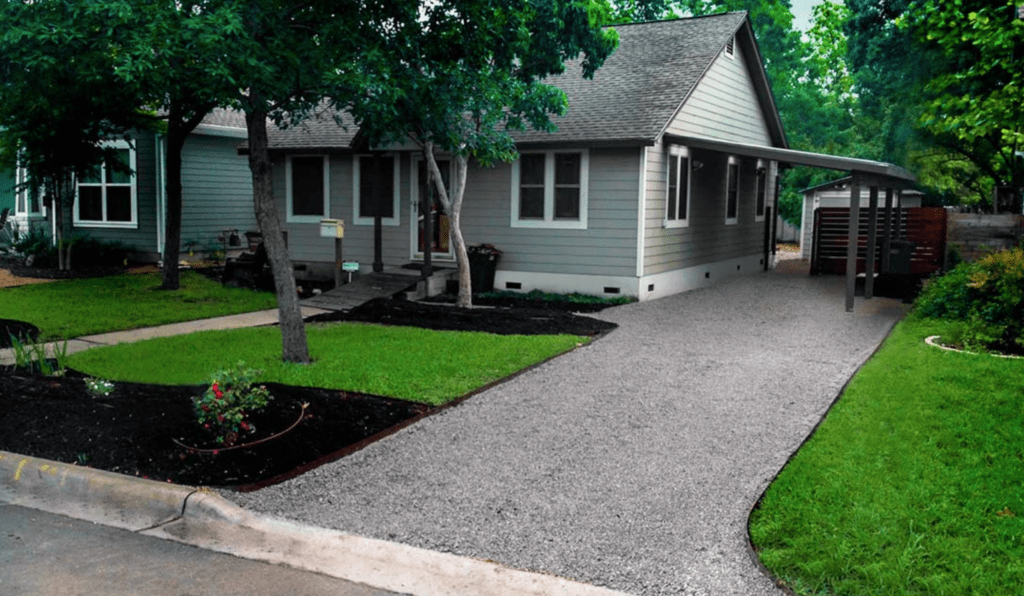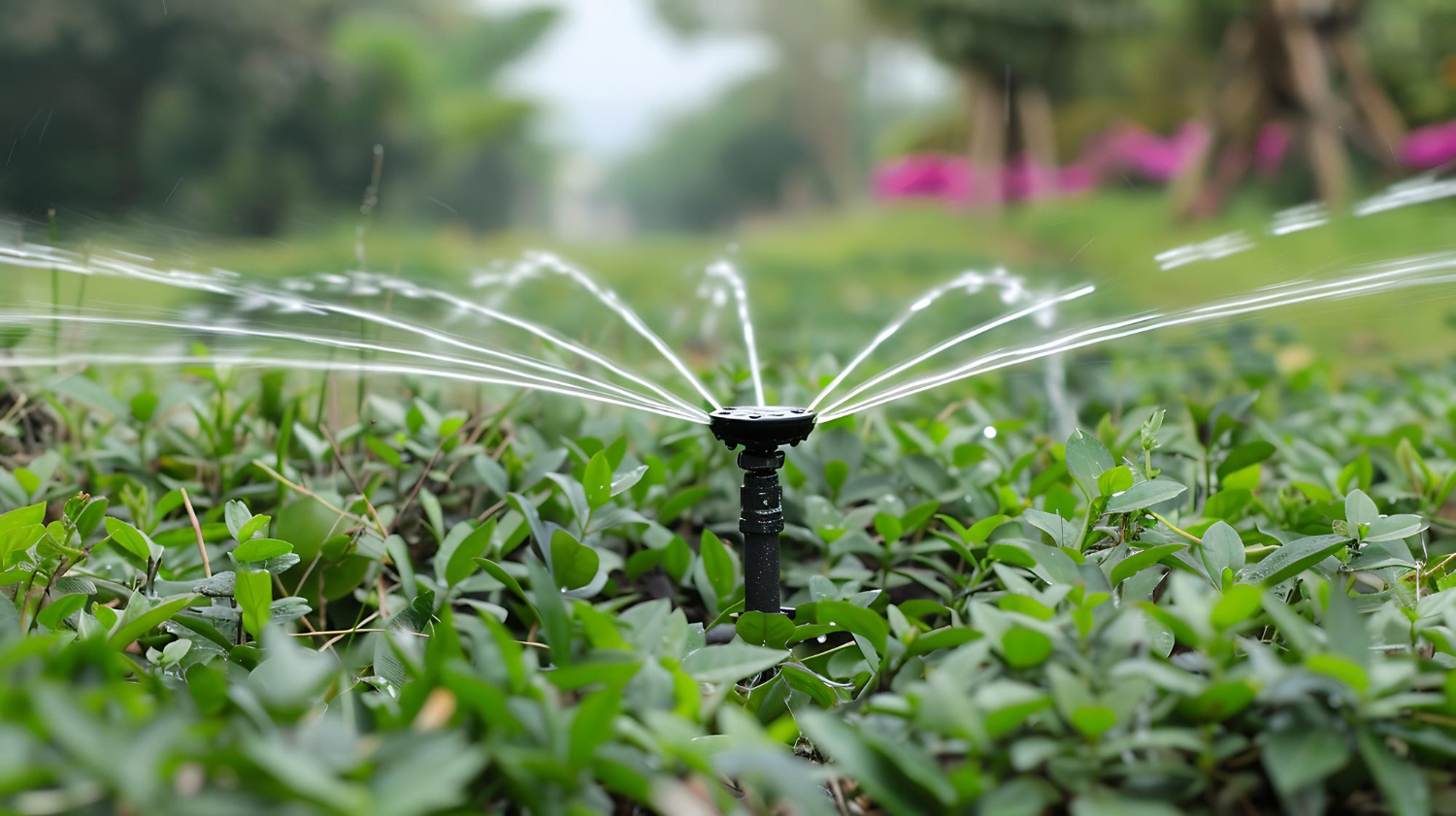Introduction
There are several alternatives to think about when selecting a driveway material for your house, and each has pros and downsides. A gravel driveway sticks out among these possibilities as a preferred option for a lot of homeowners. In addition to its unique and rustic style, it has several useful features that make it a good option to think about. Gravel driveways are inexpensive and need little upkeep, making them a sensible and beautiful option for your house. This blog post will examine the reasons why a Driveway gravel near me would be the best option for you and will provide comprehensive information about the advantages, installation procedure, and upkeep of a gravel driveway.
Benefits of a Gravel Driveway
There are several advantages to installing a gravel driveway that can improve your home’s look and usefulness. Its cost in comparison to alternative driveway materials like concrete or asphalt is one of its main benefits. Because gravel is sometimes less expensive to buy and install, it is a desirable choice for homeowners trying to cut expenses upfront. Furthermore, gravel driveways have superior drainage qualities. Rainwater may permeate through the loose surface, minimizing the possibility of pools and erosion—problems that are sometimes associated with more solid surfaces.
One other noteworthy advantage of gravel driveways is their versatility.
Gravel is easily extended or reshaped, unlike concrete or asphalt, so changes may be made without requiring a whole renovation. Because of its versatility, gravel is a sensible option for changing landscaping requirements. Furthermore, in comparison to other materials, gravel driveways require less upkeep. Although periodic raking and gravel replenishment may be necessary, overall maintenance is low, particularly in comparison to the frequent sealing or repairs needed for asphalt driveways.
Cost-Effectiveness and Affordability
The economical appeal of a gravel driveway is among its strongest arguments. A gravel driveway may be installed for a lot less money initially than alternatives like asphalt or concrete. The total affordability is influenced by the cheaper material costs and the easier installation procedure. Furthermore, compared to asphalt or concrete driveways, gravel driveways do not need as much upkeep or repair costs. For homes on a tight budget, gravel is an affordable option because the long-term expenses are often cheaper, even if you might occasionally need to add more gravel or make little repairs.
If your driveway is large, the financial reductions that come with gravel driveways are very beneficial. For vast driveways or houses with high parking requirements, gravel can be a cost-effective alternative because it can cover a bigger surface area. Furthermore, installing a gravel driveway may be done yourself at home, which can save expenses even more provided you have the required knowledge and equipment.
Durability and Longevity
Contrary to popular belief, gravel driveways are quite resilient and, with the right maintenance, may survive for many years. The quality of the gravel used and the correct installation technique are crucial for durability. Stability of the base and the use of bigger, well-drained gravel can help avoid problems like shifting and rutting. Furthermore, gravel roads are resilient to a variety of weather situations, such as intense rain and snowfall, without suffering major harm. Because of its inherent flexibility, gravel is less likely to crack or heave than solid surfaces like concrete since it can adjust to changes in the underlying soil and ground conditions.
Gravel driveways are strong, but to keep them looking and working well, they do need occasional care. This entails filling in any spots where the gravel may have moved and restocking it as necessary. Consistent maintenance guarantees that the driveway maintains its quality and functionality throughout time.
Aesthetic Appeal and Customization
A distinctive visual appeal that may improve the way your property looks overall is provided by gravel driveways. Gravel’s organic, rustic look goes well with many different building forms and landscape layouts. Gravel may be tailored to match your aesthetic tastes, whether you choose a more modern, minimalist style or a more traditional, rural appearance. A wide range of design alternatives is possible because of the diversity of gravel kinds and colors available, ranging from traditional gray and beige tones to more colorful and ornamental options.
An additional benefit of gravel driveways is customization. The gravel’s size, color, and texture may be customized to blend in with the exterior and landscape elements of your house. Gravel driveways may also be readily combined with other landscaping features, such as borders, paths, and garden beds, to create a visually pleasing and unified outdoor area. Gravel’s versatility makes it possible to add different design features, including curves and patterns, to improve the driveway’s beauty and use.
Installation Process
The installation process for a gravel driveway is relatively straightforward, making it a feasible option for DIY enthusiasts. The process typically involves several key steps:
- Planning and Design: Choose the dimensions and configuration of your driveway while considering vehicle access and drainage. Make a design plan that describes the characteristics and the arrangement.
- Setting Up the Site: Remove any garbage, rocks, and plants from the area. Make sure the foundation of the driveway is level by excavating it to the appropriate depth.
- Base Layer: To offer solidity and support, lay a base layer of bigger crushed stone or gravel. This layer keeps the above gravel layers from moving and aids in drainage.
- Gravel Layer: Ensure a uniform thickness by equally applying the selected type of gravel over the foundation layer. To level the pebbles and make the surface smooth, use a rake.
- The edging and final details: Put in edge items to keep the gravel contained and from overflowing into neighboring areas, such as landscape timbers or metal strips. To guarantee a solid and well-formed surface, make any necessary modifications and compact the gravel.
Conclusion
Many advantages come with installing a Driveway gravel, such as affordability, longevity, visual appeal, and simplicity of installation. It is a flexible option for a range of landscape styles and practical demands because of its natural appearance. Even while gravel driveways need occasional upkeep, the overall advantages and long-term cost savings make them an appealing choice for homeowners wishing to improve their houses. A gravel driveway is something to think about whether you are searching for an inexpensive driveway option or a distinctive design feature for your house. It may be a useful and beautiful addition to your home for many years to come with appropriate installation and upkeep.












